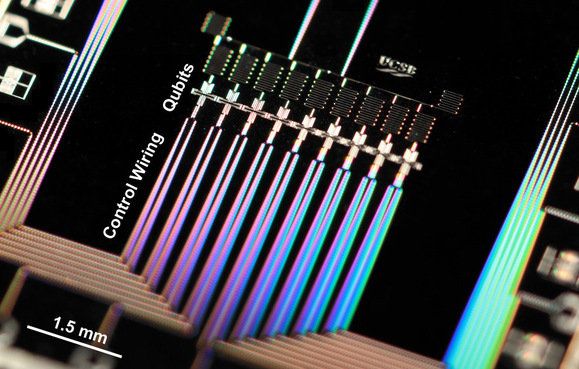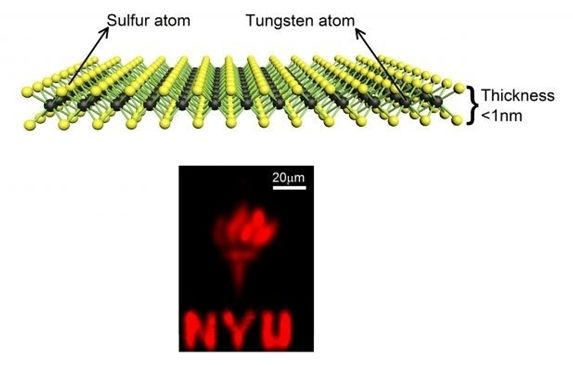Nov 22, 2016
Microsoft ‘doubles down’ on quantum computing hardware focus
Posted by Karen Hurst in categories: augmented reality, computing, quantum physics
Microsoft is accelerating its efforts to make a quantum computer as it looks to a future of computing beyond today’s PCs and servers.
Microsoft has researched quantum computing for more than a decade. Now the company’s goal is to put the theory to work and create actual hardware and software.
To that effect, Microsoft has put Todd Holmdahl—who was involved in the development of Kinect, HoloLens, and Xbox—to lead the effort to create quantum hardware and software. The company has also hired four prominent university professors to contribute to the company’s research.
Continue reading “Microsoft ‘doubles down’ on quantum computing hardware focus” »
















